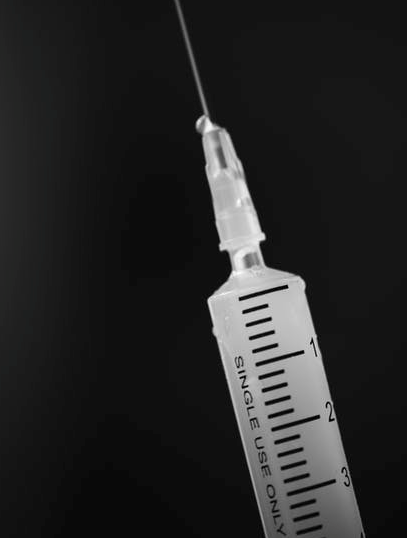A handful of years ago, I sat in the audience while the keynote speaker, an older man, shared how appreciative he was that the host organization had compensated him by making a donation of polio vaccines available to a third world country. He was visibly moved by the gesture and went on further to explain exactly why this donation had made such an impact.
The man stood on the stage and shared his childhood experience with polio and how the disease ravaged his family. He recalled seeing their weekly grocery order being delivered to the end of their driveway because the grocer was terrified of becoming infected. He said that his home became a prison and they were left to fight the disease on their own, without support from friends and family.
He was grateful that the host organization had seen the significance of the simple act of a polio vaccine – something that Canadians take for granted.
I wonder what he thinks when he hears of someone who refuses to vaccinate their child? When he hears about someone who says, “I don’t believe in the science behind vaccinations” or “Vaccinations are dangerous”.
The decision to say no to a potentially life saving vaccination makes me shake my head. When I hear and read some of the misguided and dangerous information that is spread by those we call ‘anti-vaxxers’, I get chills.
Why would someone willingly refuse to protect his or her child?
The recent outbreak of measles in the lower mainland and Washington State has people scrambling to vaccinate their children. Listening to the radio the other morning, one man said that there was a 300-person wait-list for the measles vaccine at the nearest Health Unit.
Is that what it takes for folks to finally realize the importance of an immunization schedule? Does there need to be an outbreak in our own back yard for them to take it seriously?
You cannot take Fido to the kennel without proving that his shots are up to date, but you can send your 5-year-old daughter to kindergarten without protection.
The thing about vaccines is that, yes, they do protect YOUR child, but more importantly, the herd of vaccinated children protect those vulnerable individuals who have not yet received the vaccines. Take measles for example: a baby doesn’t receive the measles vaccine until a year of age. Measles is highly contagious and is an airborne virus, which can spread through a simple cough. Mom takes baby with her to pick up the older sibling from pre-school and comes into contact with the virus. Bam! Baby is sick.
Mom takes baby to hospital because she doesn’t know what is causing the rash, the cough and the high fever. While sitting in the waiting room, baby coughs and the particles are transmitted to a toddler who hasn’t been vaccinated because he has a compromised immune system. Now they are both sick and one of them might not survive.
Please, please vaccinate your children. The generation most affected by these preventable diseases is dwindling in numbers; therefore we are less likely to hear their horror stories. We shouldn’t have to hear them deliver a speech in order to believe that vaccinations save lives.
Judy Kucharuk is a lover of sarcasm, witty people and footnotes. You can read her book “Naked Tuesday” or catch her on CBC Radio Daybreak North where she shares her “Peace of Mind”.



